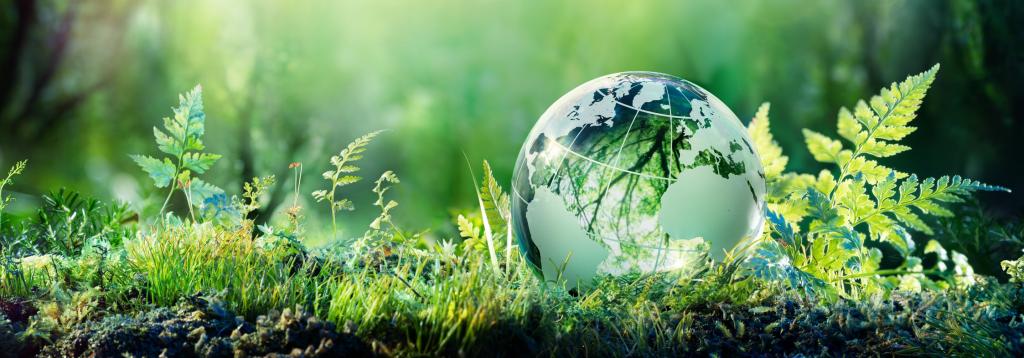Regional and global outbreaks have happened before, and they will certainly happen again. Sometimes, we humans learn the lessons offered by these epidemics; often, we do not. So is it naïve to envision a future world in which Covid-19 – or some future pandemic – has actually made humanity better? Amid fractured politics, social upheaval, climate disruption, and a global viral threat, is there value to be found in imagining a radically better world?
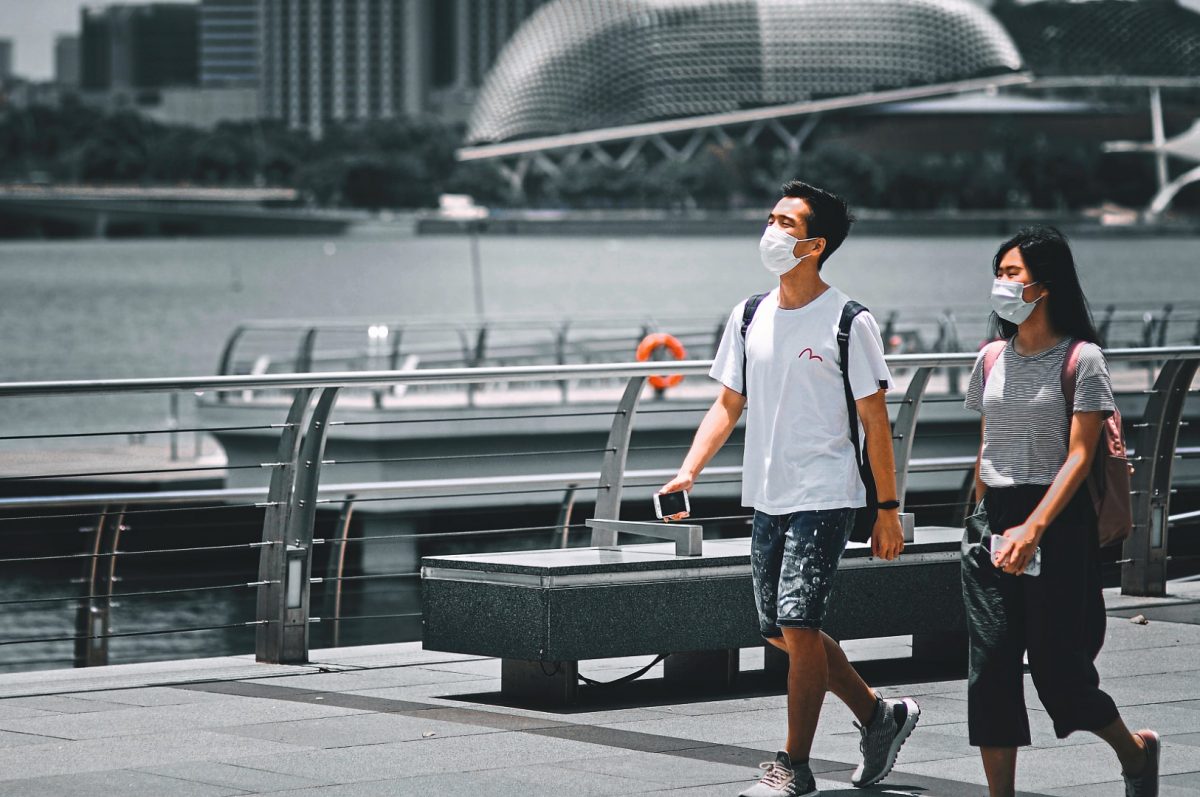
Amid the ongoing coronavirus crisis, we must understand that pathogens and microbes are omnipresent in our world and have been for eons. Most of the time, we coexist with these pervasive microbes very nicely, thanks largely to the wondrous – and continually evolving – human immune system, which handles most of the heavy lifting so that, throughout history, we’ve been able to freely touch each other, a wide range of surfaces, and our own faces without any of it causing serious illness or death.
Think about young children: these littlest versions of ourselves spend years putting anything that’s not nailed down into their mouths, drooling all over the place, eating dirt, sneezing, coughing, getting passed from person to person, getting sick, getting better, getting licked by the family pets, you name it. But while they’re doing all this, what they’re really doing is building and strengthening their immune system, bit by bit.
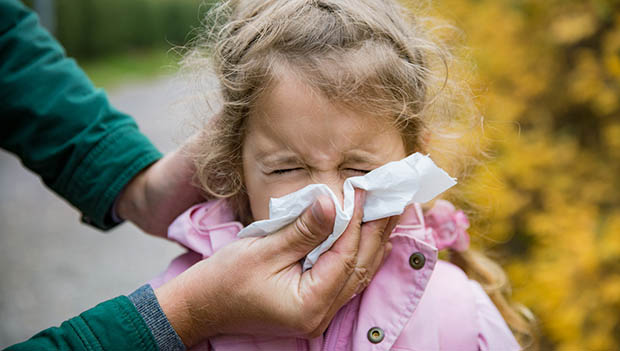
That immunity is the primary reason humans are able to live and thrive on a planet teeming with potentially deadly microbes. And ordinarily, we do so with relative ease. But every now and then, something goes wrong, and a pathogen jumps from the animal kingdom, where it was largely benign, to the human population, where it becomes lethal.
The latest result of that is the Covid-19 crisis we’re now enduring. It’s a pandemic that humans almost certainly caused, or at the very least, unwittingly encouraged. Our negligent environmental practices and continuing disrespect for the natural world make pandemics like the one we’re suffering through now much more likely. But it doesn’t have to stay this way forever.
FOR EVERY ACTION…
In order to enact positive changes, it’s important to accept the fact that we are largely the root of the problem, not the microbes and certainly not the animals in which they live.
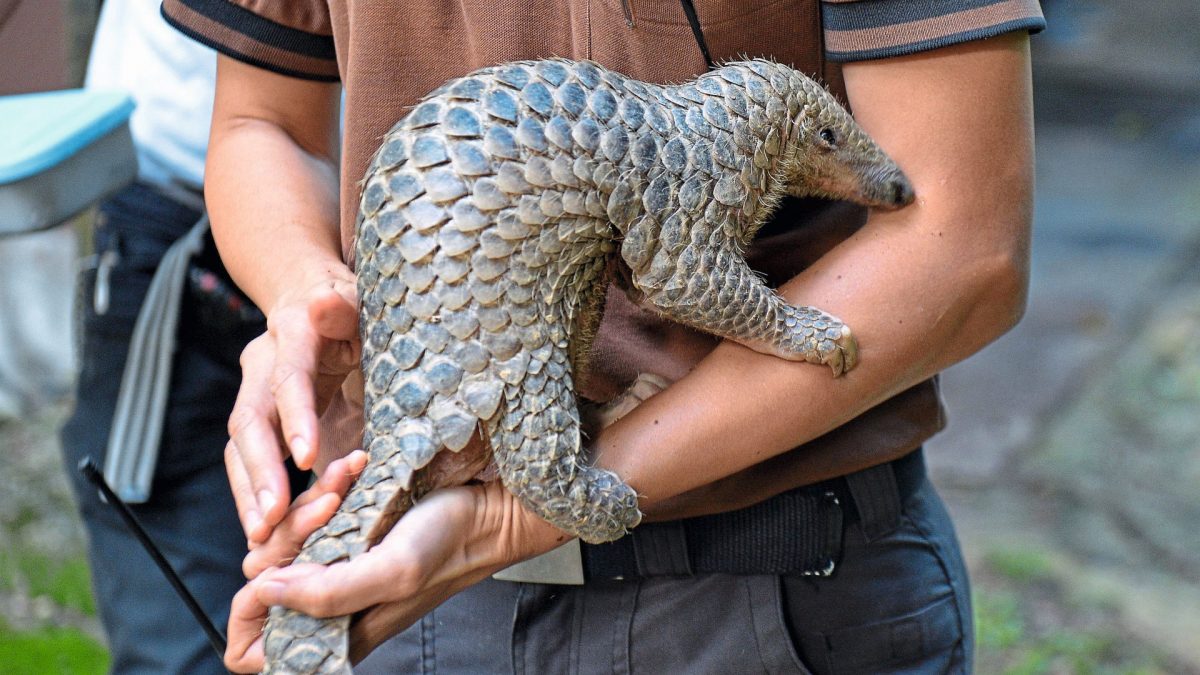
The trade of exotic wild animals, no small portion of which is done on the black market, is not only responsible for a push towards extinction for many species, but arguably does humanity no favours, either. The scaled pangolin, a harmless mammal with which many are not especially familiar, is the most heavily trafficked animal in the world. Of the eight remaining species of pangolin, three are listed as critically endangered, three are endangered, and two are vulnerable – all because of poaching. Their high-demand scales are valued in Chinese traditional medicine for purportedly treating a number of ailments, including “anxiety, crying children, deafness, and possession by devils and ogres.” The scales are erroneously also believed to help stimulate lactation in women who are breast-feeding. To a lesser extent, pangolin scales are in demand in Vietnam, as well.
Fortunately, it has just recently been announced that China has upgraded pangolins to its top-tier list of protected wild animals, joining those such as tigers and pandas, and finally, has also just removed pangolin scales from its traditional medicine list, noting “wild resources exhaustion” as the reason.

Unfortunately, pangolins are also a possible intermediary between bats and humans in the current Covid-19 pandemic. Though not confirmed, researchers in Guangzhou hypothesised that SARS-CoV-2 had originated in bats and, prior to infecting human populations, began circulating among pangolins. The illicit Chinese trade of pangolins for use in traditional Chinese medicine was suggested as a possible, or even likely, vector for animal-to-human transmission. Further studies indicate that pangolins are indeed hosts for coronaviruses with similar characteristics to SARS-CoV-2.
EXPLOITING THE NATURAL WORLD
The latest atrocity to be exposed by the harsh glare of Covid-19’s spotlight is the mink industry. The virus apparently spreads like wildfire through mink populations. The small animal is a relative of otters, weasels, and ferrets. Minks are raised commercially, kept in crowded wire cages and then killed en masse for their pelts, used largely for fur coats and fake eyelashes. The wholesale slaughter of millions of living animals every year for the sole purpose of human vanity and fashion is, to many critics, a complete disgrace, and it looks like the controversial industry may be stamped out permanently, thanks largely to the coronavirus pandemic.
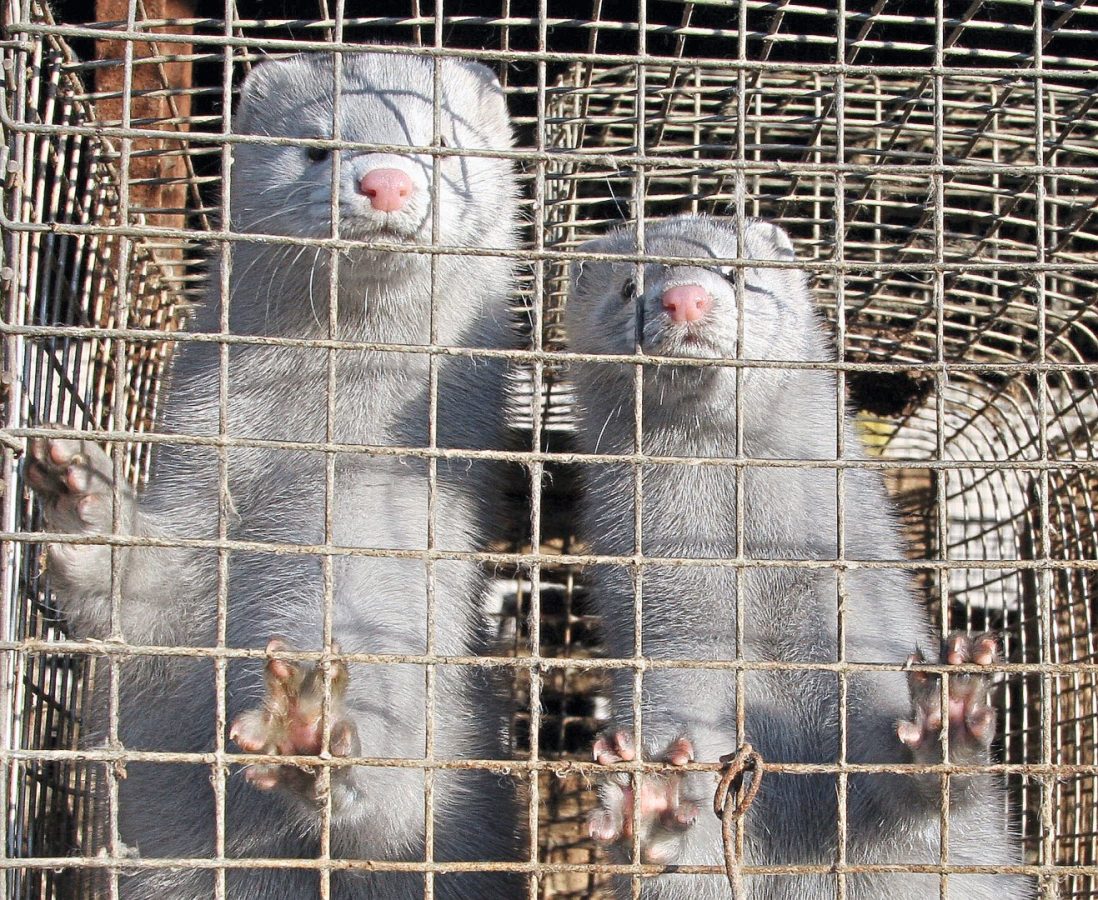
In the Netherlands, a country with large numbers of mink farms, a ban on the practice is set to go into effect in 2024 anyway, but some farmers may decide to throw in the towel early as the Dutch government will not allow their farms to restart unless they can conclusively prove the virus is not present. The pandemic is making necessary the culling of vast numbers of these animals throughout Europe and the US, since it spreads as easily among crowded mink populations as it does among humans, and mink-to-human transmission has now been verified through genetic testing. Moreover, since there seems to be evidence that the virus can persist indefinitely in minks, it may ultimately spell doom for the industry as a whole.
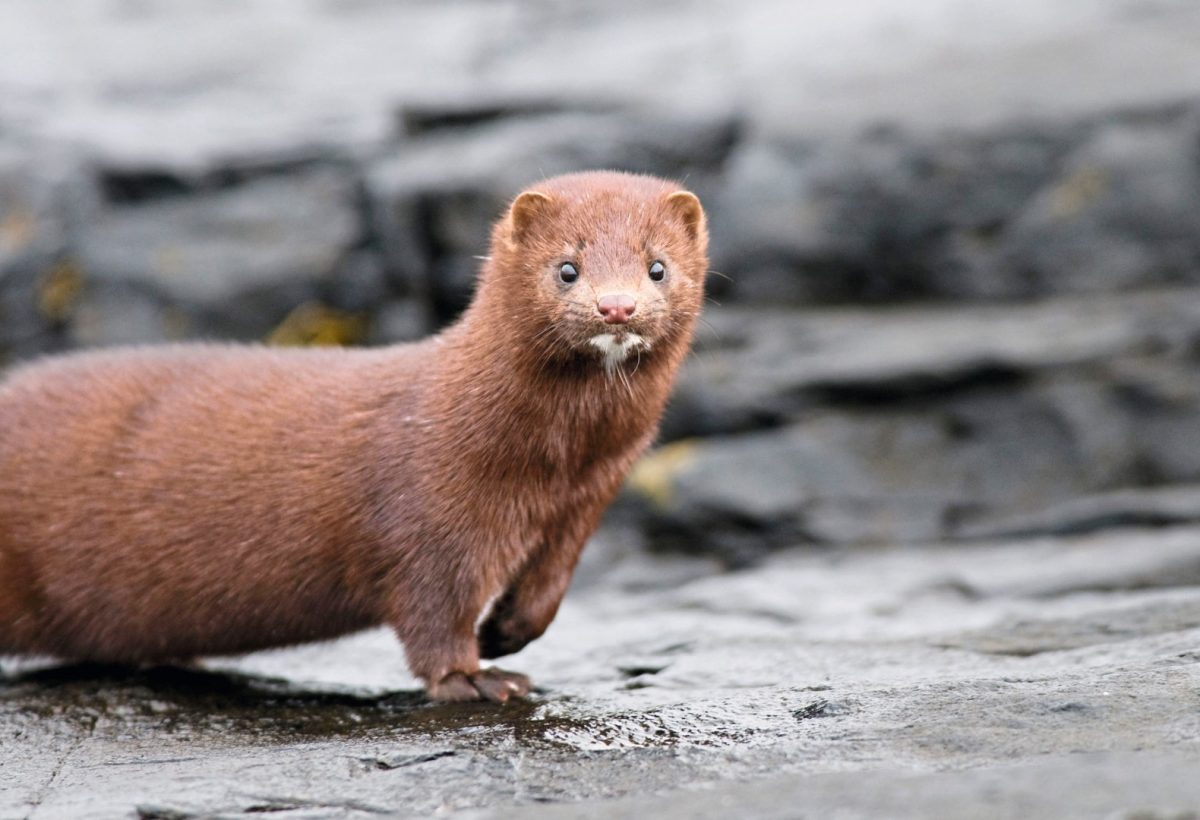
It’s unfortunate that we oftentimes only really look at our actions when they start to affect us. We slaughter animals by the millions for no valid reason and only look up from the bloodbath when it turns out we’re harming ourselves in the process. We bulldoze forests and strip-mine hillsides unabated until the denuded ground becomes unstable and results in landslides that claim human lives. Only when people are affected do we start to care. And even then, we too often still make it only about ourselves.
In the US, where the owners of nearly 250 mink farms in 22 states are dealing with the problems caused by Covid-19, the focus is almost solely financial. “The threat to the livelihoods of those who farm the mink is very real,” said one official in Utah about the crisis, noting that any chance of the virus mutating and amplifying in the mink population before making a jump back to humans is causing grave concerns. “Given we’re dealing with real people with families and husbands and wives,” he continued, “that’s enough for this to be considered a very serious matter.”
Lost on these “real people” as they consider the economic costs – and their own health – seems to be the fact that their practices directly led to all of this. They crammed thousands of living animals into crowded cages with no meaningful concern for their welfare, then infected them (unintentionally) with the coronavirus, and then, as the highly contagious disease raged unimpeded through the crowded and caged mink population, decided they would have to eradicate hundreds of thousands of the hapless animals in a bid to prevent the virus from becoming worse and returning to the human population from which it came!
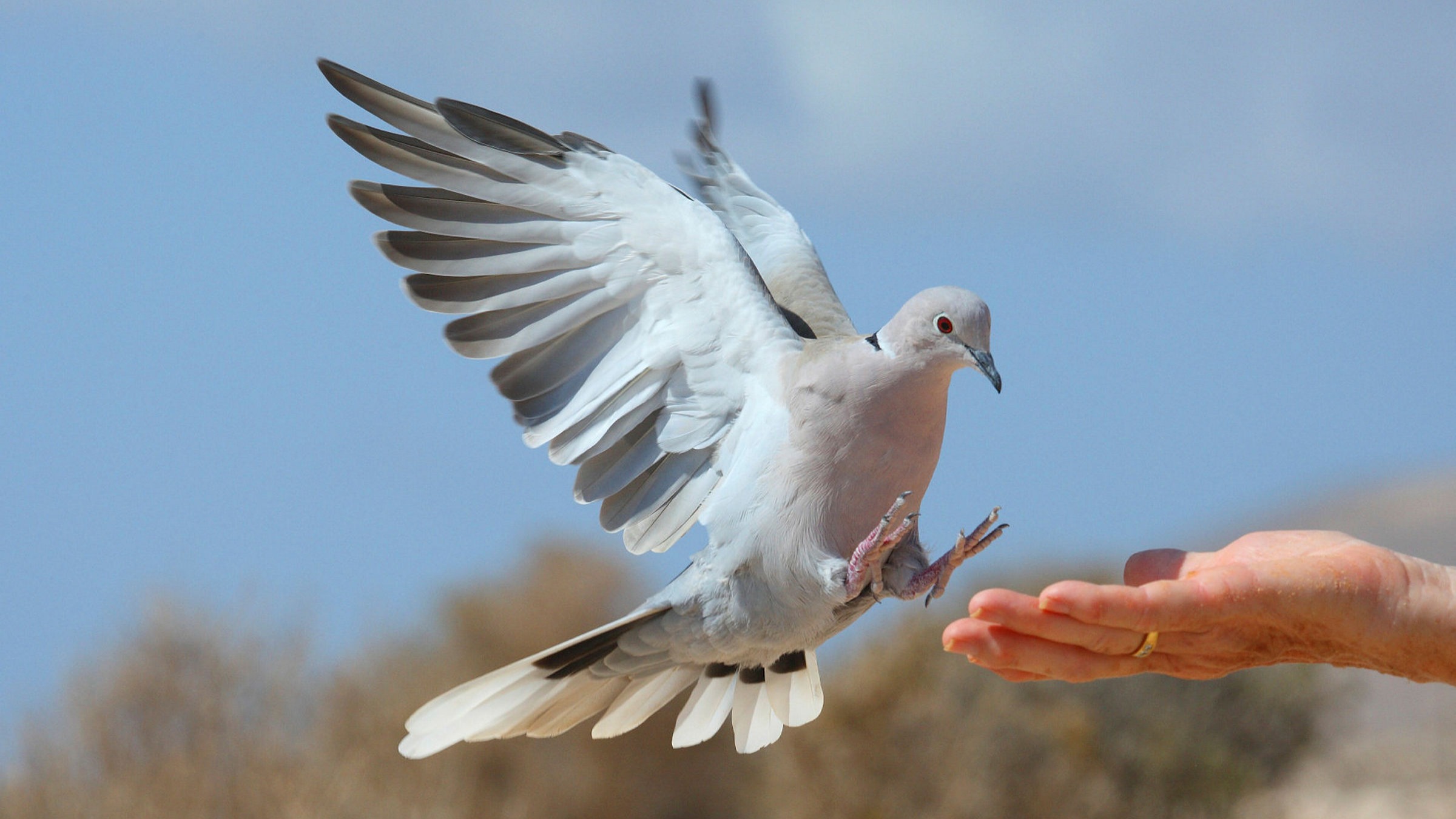
CAN HUMANITY CHANGE?
It’s quite evident that humans are far from being unwitting, innocent victims in this global pandemic. In fact, a compelling argument could easily be made that we have done this to ourselves. Our wanton disregard for the environment and the natural world, our steadfast resistance to viewing our species as an integral, interconnected part of nature, rather than its lord and master, our insatiable appetite for the slaughter of animals – including rare and endangered species – for dubious reasons… perhaps we are now reaping what we have sown. But can we learn from our mistakes? Or will it take a far worse epidemiological catastrophe?
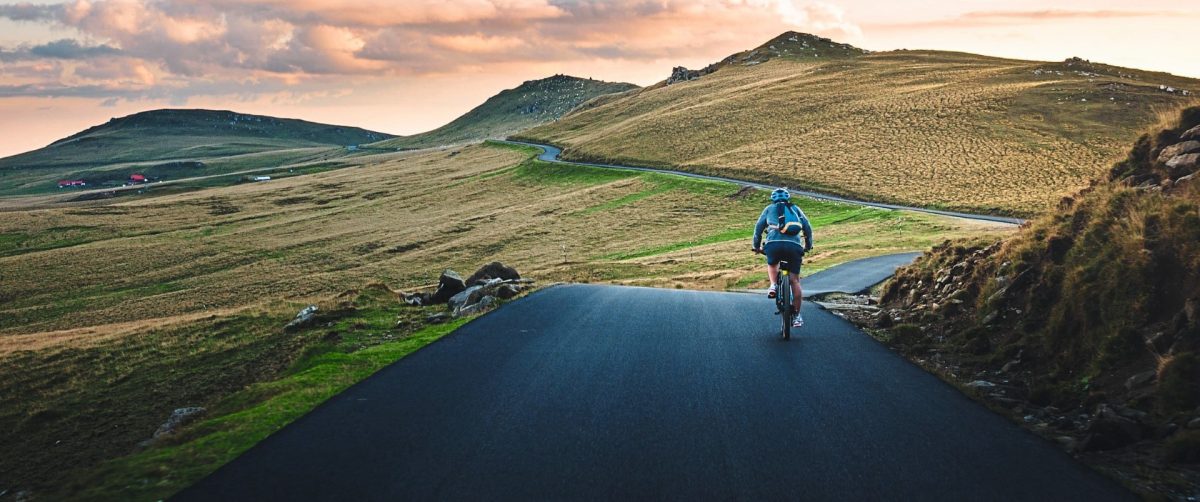
In her 2016 book, appropriately titled Pandemic, author and award-winning science journalist Sonia Shah says that we have to fundamentally change our relationship with nature, or we can expect to simply continue staggering from disaster to disaster. Like many world health agencies, Shah advocates a more holistic, system-wide approach, looking at the macro rather than just the micro. In a recent interview with Future Perfect, she mentions the dengue outbreak in South Florida as a key example:

“When dengue broke out in South Florida in 2009, it was immediately considered an invasion from some foreign place. We coated the environment with insecticide and staged a military-style assault on these mosquitoes. But it turns out the mosquitoes that carry dengue have been in South Florida for a long time. That wasn’t new. What was new was the foreclosure crisis. It had shuttered all these houses. The epicentre of the dengue crisis was also the epicentre of the mortgage crisis.
“And of course in South Florida, people have a lot of swimming pools, which like the homes, were now vacant. Lo and behold, it starts to rain and these empty pools fill up with water and it creates these little pockets around the garden that mosquitoes can breed in. And then we have this ‘unprecedented’ outbreak of dengue. Nobody thought to address the housing crisis as a possible driver of the outbreak.”
IMAGINING A BETTER VERSION OF HUMANITY
So human decisions, government policies, business activities, societal changes… these can directly or indirectly drive the risks of outbreaks. The CDC in the US is an advocate for this way of thinking, which is a movement called One Health, the idea that we are all interconnected. Human health, the concept promotes, is inherently, inextricably connected to the health of the animals with whom we share the world, whether it’s pets, livestock, or wildlife. Everything is part of the same natural world, including us, and we need to look at it on this scale or, as Shah puts it, “We’re constantly just mopping up problems that are going to keep erupting again and again.”
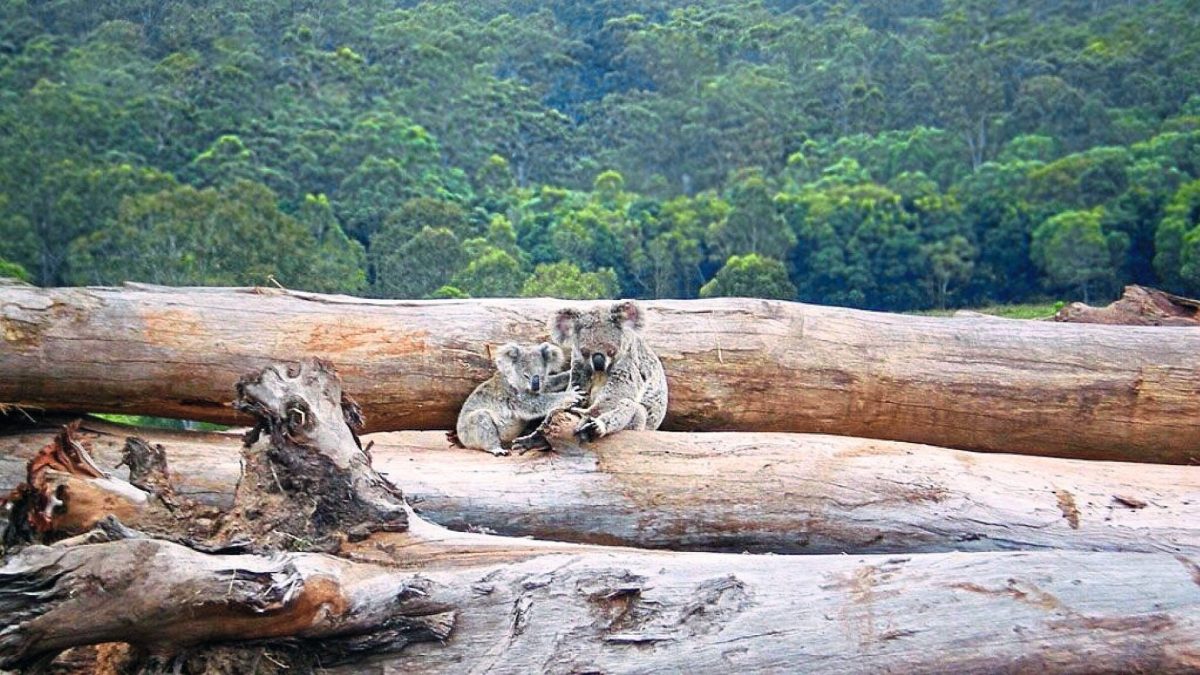
Regrettably, human history certainly doesn’t offer many hopeful assurances that we are going to change our ways. Regional outbreaks, larger-scale epidemics, and global pandemics have continued to occur over the centuries, yet even in our most recent history, there’s little to suggest that we’ve learned any meaningful lessons. After all, the well-known SARS epidemic, caused by the SARS-CoV-1 virion, was in fact the predecessor to the currently raging Covid-19 pandemic, caused by SARS-CoV-2. The former was passed from bats to civets to humans. The latter is theorized to have passed from bats to pangolins to humans. What has changed in the interim between the two? Nothing good, it seems. Only 15 years have passed between these two coronavirus outbreaks, and if anything, mankind has only accelerated its assault on the natural world. Perhaps this one will be different, owing to the global reach, exponentially higher death toll, and wide-scale economic devastation. Will we this time change our ways? It’s just a matter of time before the next coronavirus appears. And when SARS-CoV-3 inevitably shows up, perhaps even deadlier or more virulent than this strain, what will we do? How will we respond?
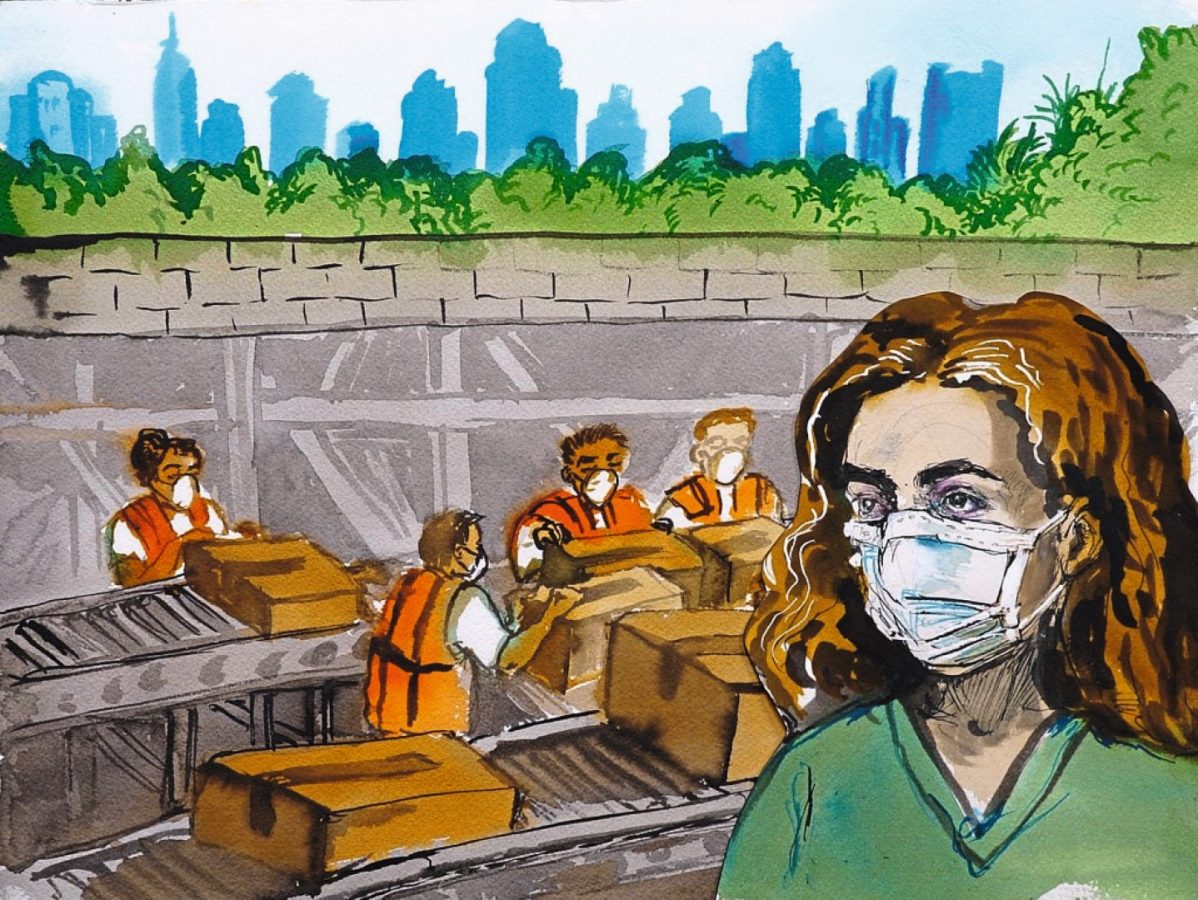
In an Emmy-nominated 2019 short film called “Message from the Future” which was co-written by the firebrand New York-based US congresswoman Alexandria Ocasio-Cortez, and illustrated by Molly Crabapple, a coming day was imagined in which progressive politicians joined with grassroots movements to address climate change, poverty, inequality, and injustice. The film rapidly found a large audience, striking a chord with millions of viewers. Then the Covid-19 pandemic hit, and suddenly, everyone was forced to be introspective, and to really look at the wider world and the consequences of our actions – and inactions. The film subsequently took on added significance, with talks quickly arising for a second film, adding the spectre of a raging virus to that of burning cities and parched forests.
According to those involved with the film, “Another Covid-19 lesson we wanted to highlight had to do with why the abuses that long predated the pandemic suddenly received so much more attention during it. Because for those of us privileged enough to self-isolate, the virus forced a radical and sudden slowdown, a paring and editing down of life to its essentials that was undertaken in a bid to stop the virus’s spread. But that slowness had other, unintended effects as well. It turns out that when the deafening roar of capitalism-as-usual quiets, even a little, our capacity to notice things that were hidden in plain view may grow and expand.” Many have opined that the pandemic, for all its disastrous outcomes, may ultimately nurture some positive changes, too.
Chief among them might just be the realization that it is our collective choices, our governments’ policies, our own unquenchable thirst to consume at all costs that, all too often, serve as a catalyst for a range of calamities. As Shah pointed out, “We’ve lost the bigger picture, the connections between social and political health and environmental health.” There is a different path, though, she stressed. “Moving forward, what we have to see is that pandemics, climate disasters, all of these are related to our huge footprint on the planet. We’ve been using up a lot of natural resources… and now the bill is coming due.”
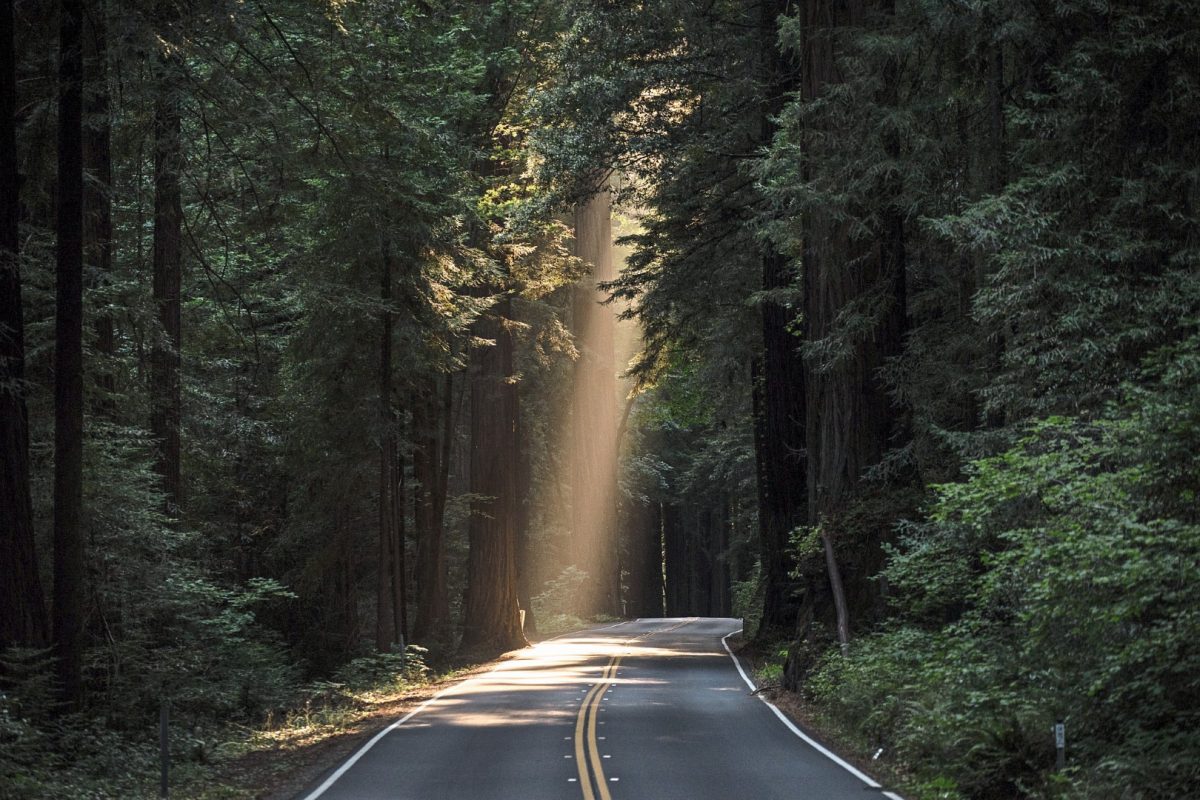
"ExpatGo welcomes and encourages comments, input, and divergent opinions. However, we kindly request that you use suitable language in your comments, and refrain from any sort of personal attack, hate speech, or disparaging rhetoric. Comments not in line with this are subject to removal from the site. "


